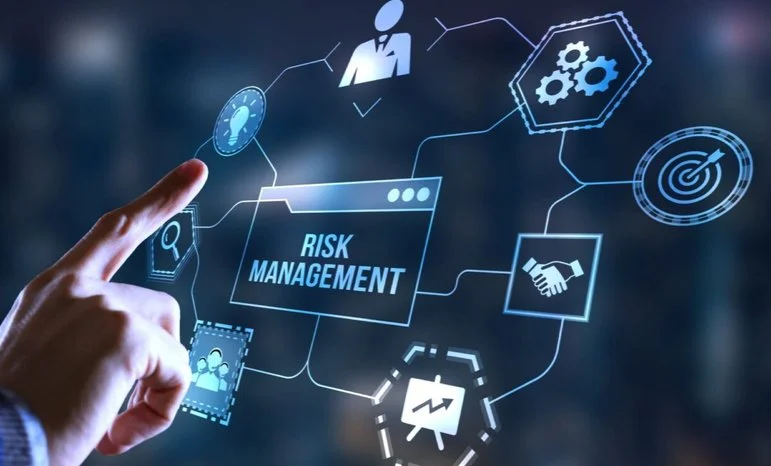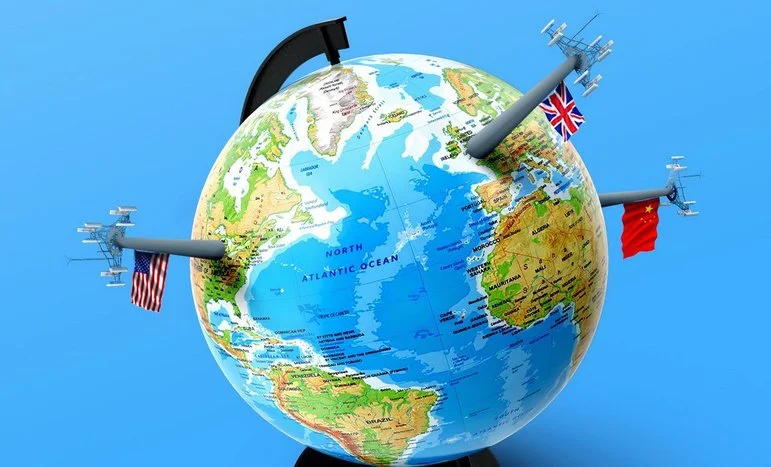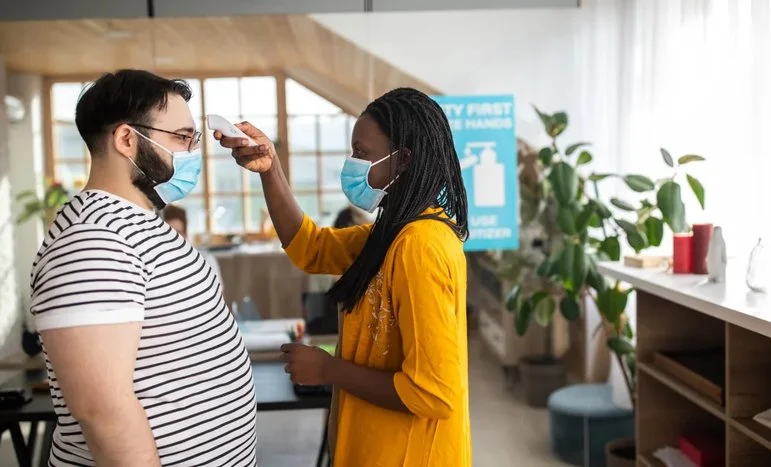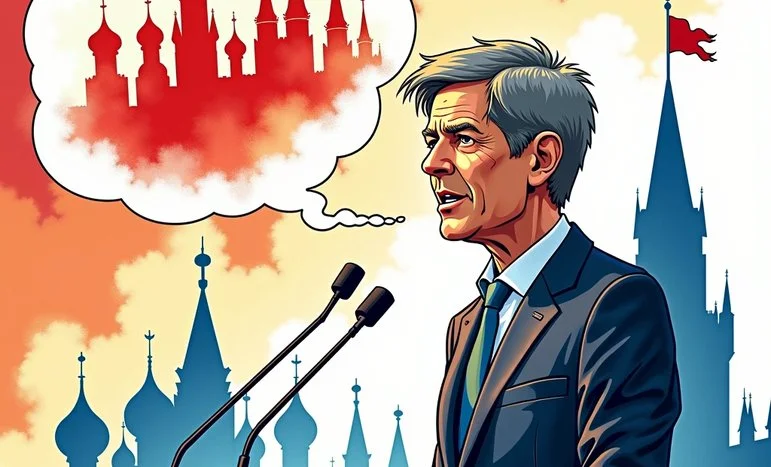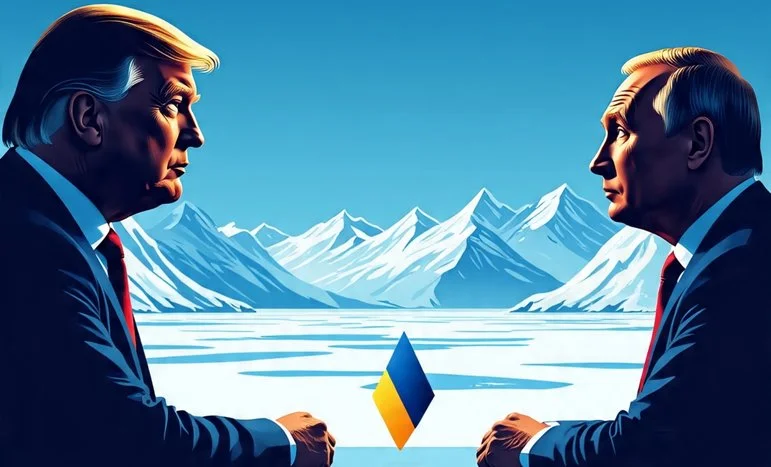“Just because we can build it, doesn’t mean we should.”
We live in an era defined by breathtaking technological progress. Artificial Intelligence writes code, diagnoses disease, and even creates art. Gene editing promises to eliminate hereditary disorders. Nanotechnology and automation continue to transform industries. But with great power comes great peril—and we are dangerously underprepared for the consequences of the technologies we are unleashing.
Progress Without Guardrails
The race to innovate has outpaced the systems designed to regulate it. As countries and corporations push the limits of AI, biotech, and cyber capabilities, the world faces a rising tide of technological risk:
- Job displacement from automation threatens economic stability, especially in low- and middle-income nations.
- Autonomous weapons systems could enable machines to make life-and-death decisions with little human oversight.
- AI-generated disinformation undermines truth, destabilizes elections, and weakens public trust.
- Bioengineering tools—while lifesaving—also make the creation of novel pathogens more accessible than ever.
- Cyberattacks grow more frequent and sophisticated, targeting power grids, banks, hospitals, and even democratic institutions.
What was once the realm of science fiction is now today’s policy crisis.
The Governance Gap
Regulation has failed to keep pace with innovation. There are few binding international frameworks to govern AI safety, biotechnology ethics, or cybersecurity norms. As a result:
- Tech monopolies operate across borders with little accountability.
- Authoritarian regimes exploit surveillance and censorship tools.
- Hackers and rogue actors enjoy a low-risk, high-reward environment.
- Weaponization of AI and bioweapons remains poorly regulated on a global scale.
We are building powerful systems without asking: who controls them, and how are they used?
AI: Promise and Peril
Artificial Intelligence offers immense potential—faster medical diagnoses, more efficient logistics, and even climate modeling. But its unchecked development poses existential risks:
- Superintelligent systems, once developed, may not align with human values.
- Biases in training data perpetuate systemic discrimination.
- Job losses from automation outpace retraining efforts.
- Misinformation engines powered by AI erode democratic discourse.
Ethical AI is not just about “do no harm.” It must also include transparency, accountability, and equitable benefit.
Cybersecurity: The Invisible Battlefield
From ransomware attacks on hospitals to state-sponsored breaches of election systems, cyberwarfare is already here. Yet most governments treat cybersecurity reactively, not proactively.
Critical questions remain:
- Who is responsible for protecting civilian digital infrastructure?
- Should private tech companies be accountable for global cyber harm?
- How do we balance digital freedom with national security?
Digital systems underpin modern life—and their fragility is a global liability.
The Biotech Frontier
Biotechnology holds the power to cure diseases, grow food in harsh climates, and extend human life. But in the wrong hands—or with the wrong oversight—it can also be used to:
- Engineer superbugs or novel viruses.
- Conduct unethical genetic experiments.
- Deepen inequality through enhanced human traits accessible only to the rich.
We must define red lines—ethically, legally, and globally—before they are crossed.
A Call for Global Technology Governance
The solution is not to halt innovation, but to govern it wisely and globally. That means:
- Establishing international norms and treaties for AI, biotech, and cybersecurity.
- Promoting open, transparent research while discouraging weaponization.
- Creating independent oversight bodies with real power to audit and intervene.
- Investing in public education and awareness to democratize technological literacy.
- Ensuring equitable access so benefits aren’t monopolized by a few nations or corporations.
We must act now—before the tools we built to empower humanity begin to endanger it.
A Shared Responsibility
Innovation should serve humanity—not replace it, not divide it, and certainly not endanger it. In this era of breathtaking progress, our greatest task may be to remember that technology is only as wise as those who govern it.
The future is being coded today. We must decide what values we embed in it.
“Technology is a useful servant but a dangerous master.” – Christian Lous Lange
